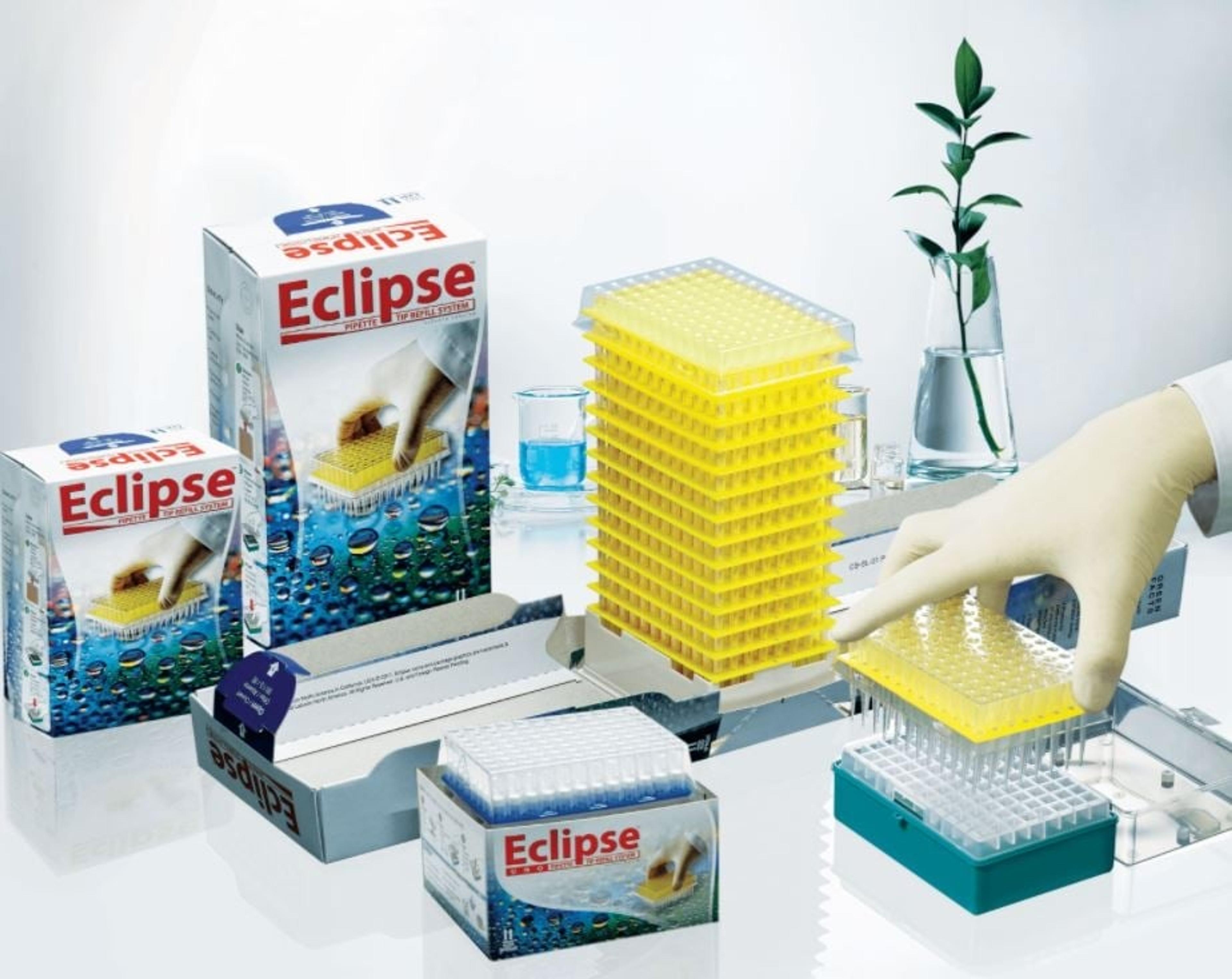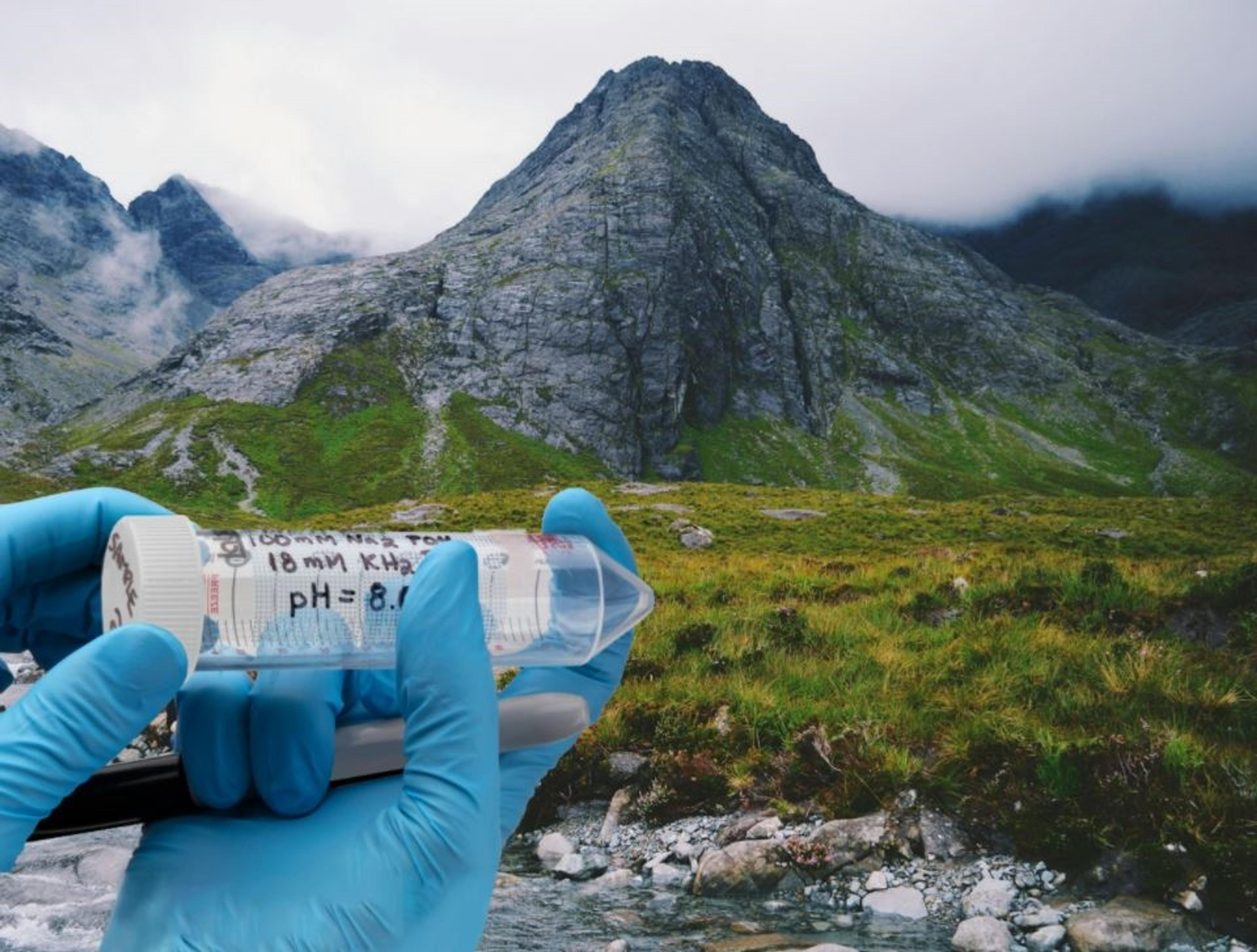Low-carbon labware: Setting the standard for product transparency and sustainability
SelectScience caught up with biotech manufacturer Labcon to hear how scientists and suppliers were starting to shift their mentality on sustainable labware choices.
25 Oct 2024
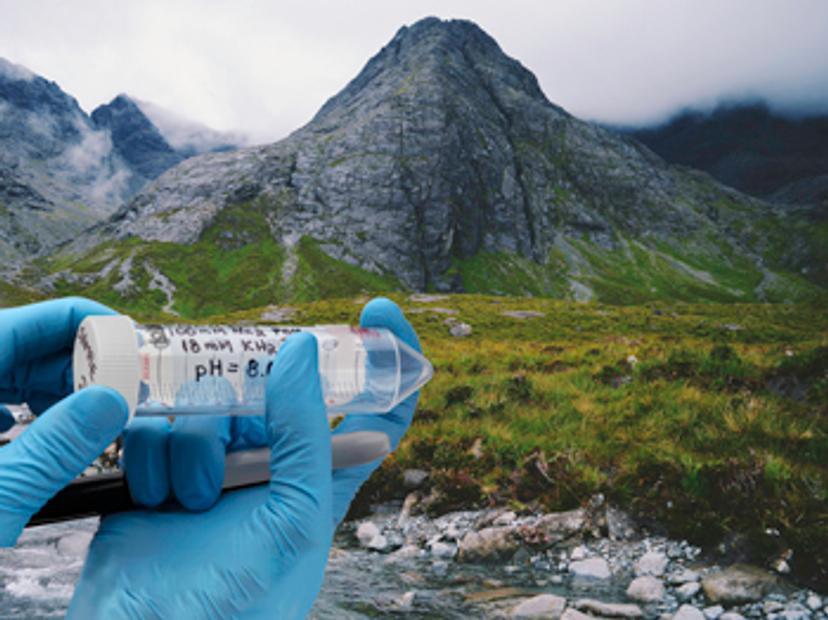
As many scientists will understand, seeking out the best plastic consumables for your research is already a challenge. One must ensure high resistance to chemicals, the right purity to avoid contamination, and precise product design and function, among other considerations. This is why environmental factors like a product’s carbon footprint and recyclability were often an afterthought, especially as the necessary depth of environmental information was typically difficult to find. But biomedical and research organizations both large and small are beginning to set annual targets to achieve sustainability goals with the aim of reducing their environmental impact. This rapid shift in mentality towards better labware is being supported by new systems that quantify carbon use in lab products and manufacturing.
Leading by example
Back in September 2021, SelectScience interviewed Labcon’s Lead Scientist Scott Weitze to learn more about the California-based company’s long-standing commitment to reducing the carbon intensity and environmental impact of its labware and manufacturing operations, which resulted in an 89% reduction in greenhouse gases produced per case of product.
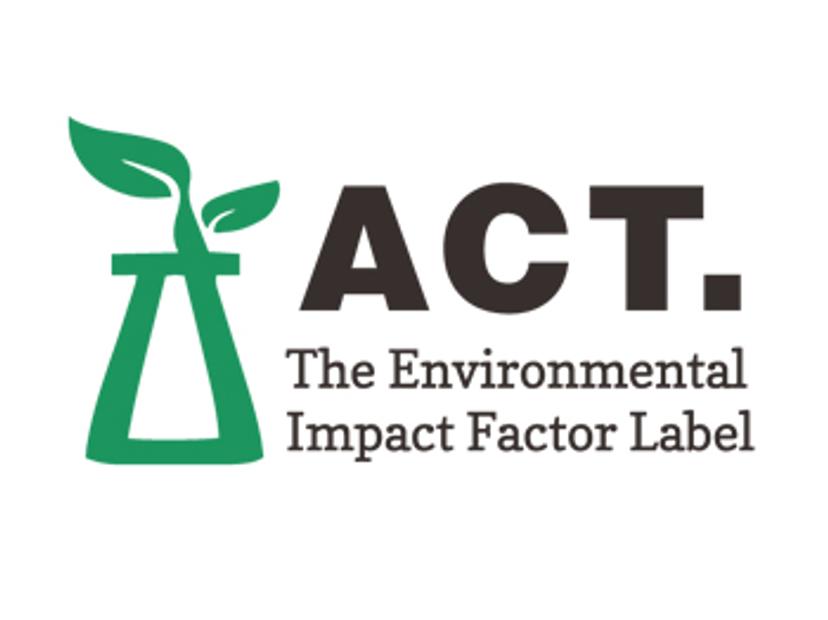
Weitze highlighted some of the industry-leading steps Labcon had taken over the past 20 years to reduce its energy consumption, limit waste output, and improve product designs. This included locating all operations—including product design, manufacturing, packaging, and sterilization—to the same location in Northern California, the construction of a 870 kilowatt solar facility, improved packaging, the adoption of a circular waste management plan, and upgrading to energy efficient automation systems. To quantify these improvements, Labcon had been registering numerous products with the ACT Environmental Impact Factor label from My Green Lab.
The ACT (Accountability, Consistency, and Transparency) label aimed to take a holistic look at what makes a lab product sustainable, scoring various aspects of design and manufacturing to give an overall Environmental Impact Factor (EIF). At the time of the first interview, Labcon had already certified many of its products with the ACT label, with its ZAP™ Aerosol Filter Pipet Tip achieving the best score of all the consumables enrolled in the program at the time. Since then, it has built on the first round of certifications with newly certified labware. We reached out to Scott Weitze and Frédéric Laboroi, Regional Manager for Labcon, to learn how their ACT-certified product offerings have evolved and expanded.
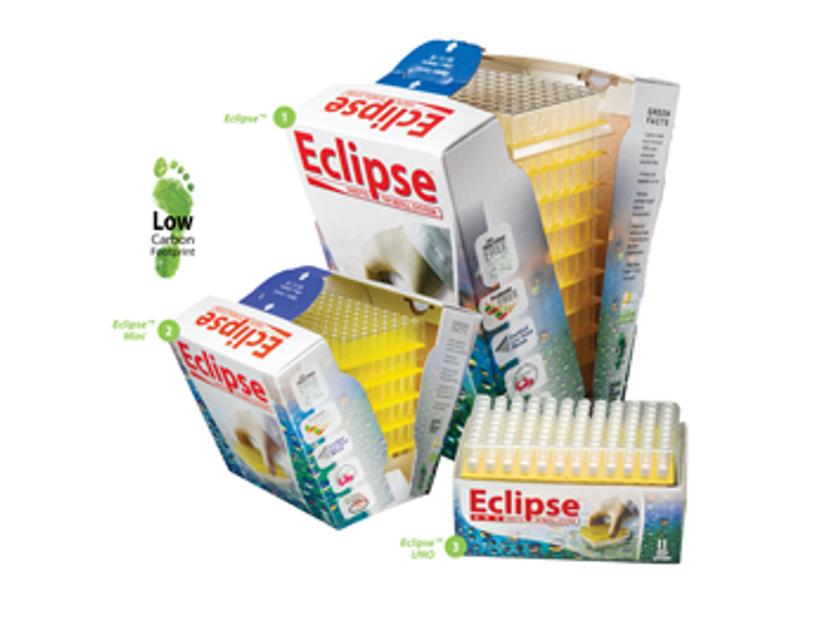
A warm reception
Following the launch of its first wave of ACT labels, Labcon saw more distributors and end-user customers coming to them when looking for the kind of information and transparency that the ACT certification offers. “In the last few years, we’ve seen an incredible number of seminars and conferences that have been organized on sustainability, a huge amount of which are driven by Ph.D. students. It’s these younger individuals who are going to lead the labs of the future, and they have shown a huge interest in the information that the ACT label provides for Labcon products,” explains Laboroi.
Weitze expanded: “We have definitely noticed that a lot of the customers, be it Ph.D. students, postdocs, or purchasing managers, really care about this, perhaps even more than the current generation of scientists. We certainly get established labs coming to us that care about ACT scoring and sustainability, but the response has been especially enthusiastic amongst younger scientists who have more awareness of the environmental impact of labs and single-use plastics.”
The ACT label provides purchasing managers and, increasingly, newly hired sustainability managers with a simplified way to source more sustainable products without adding to their workload, and distributors are starting to catch on. “We know that various distributors have started to use the ACT label and other environmental metrics to contribute to their decisions. This is great news, as it’s the people that control purchasing decisions that need to realize how much better some suppliers are at environmentalism and lower carbon products,” says Weitze.
The ACT label has been really effective for us because it validates decisions Labcon made more than a decade ago, before the current environmental trends, and it continues to validate choices we are making today
Expanding the certification
With the second round of product certifications Labcon continued to expand its place in the lab sustainability movement. Expanding the geographic reach of its previously certified products, many Labcon products now have the ACT UK label and ACT EU label certifications. Several new products have also been added to support additional lab protocols. “With this second audit we’ve been able to offer labware such as filter tips and specialized tubes like our MetalFree® Centrifuge Tubes. The MetalFree® Centrifuge Tubes are very popular in Europe for assays used in areas like environmental testing, as we certify 21 different elements down to one part per billion (ppb) instead of one part per million (ppm), meaning scientists don’t need to worry about rogue peaks in their ICP-MS tests. We've also ACT-scored our deep-well plates, and we're actually the only company to offer a series of deep-well plates with ACT scoring,” explains Weitze.
In 2024, Labcon expanded its ACT Label portfolio to 251 products with 753 labels across the US, UK, and EU regions. This means we now hold the largest number of labels with My Green Lab, demonstrating our commitment to transparency. This renewal and extension included the addition of culture tubes and automation pipette tips. As a result, Labcon was honored with the Product Transparency Award at the 2024 My Green Lab Summit recognizing our commitment to eco-conscious manufacturing.
As Labcon has evolved, so has the ACT label. Weitze explains that My Green Lab and its independent auditor SMS Collaborative, LLC (SMSC), has increased its understanding of what sustainable labware is and can be, with factors like reusability now included in its scoring rubric. As a result, Labcon’s refillable tip products such as the Eclipse Pipette Tip Refill System have received even better scores, after already being previously recognized by The Golden Arrow Award from the California Product Stewardship Council.
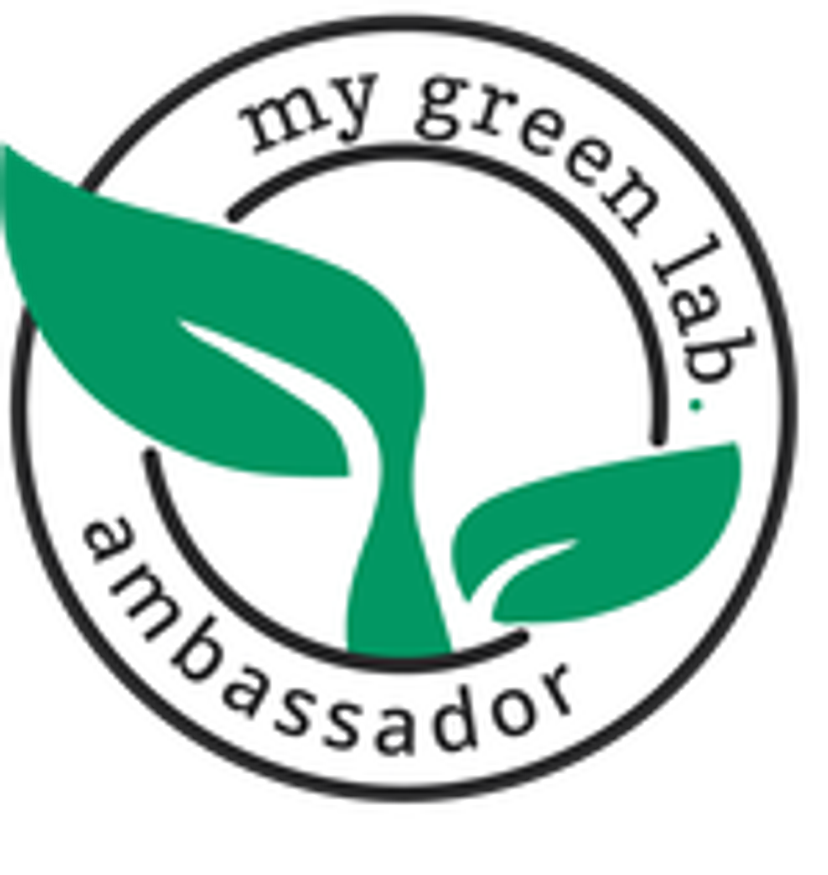
In an effort to expand their understanding and support continued improvements to their range of certified products, Regional Manager for Labcon Frédéric Laboroi has also taken part in the My Green Lab Ambassador Program. The program is an online learning course designed to give scientists and laboratory professionals tools to make their labs more sustainable, while providing a platform for them to share ideas. “The course has really helped me to communicate with our end users,” Laboroi explains. “We like to take a more holistic approach to how we support our customers with their sustainability goals, and so the course has allowed us to offer valuable advice in addition to the solutions that we offer.”
A new normal for product transparency
With carbon intensity and sustainability information now available in a more accessible manner, Weitze explains it won’t be long before scientists, purchasing agents, and sustainability managers will come to expect this level of transparency from all manufacturers. Questions such as where your lab products are made and how they are made are starting to become more commonplace. “Transparency is at the core of the ACT label, which means scientists can make choices that will actually hold up to scrutiny. It gives you a better understanding of where those environmental scores come from and how they're produced, so you can look at the subcategories and decide what’s important to you,” explains Weitze. “Labcon is an industry leader in the green biotechnology sector, and we’ve gained that reputation by creating good solutions to the environmental questions that matter. We really aim to set the bar for everyone else, because we would like to see the entire biotech manufacturing field move forward.”
Want the latest science news straight to your inbox? Become a SelectScience member for free today>>

